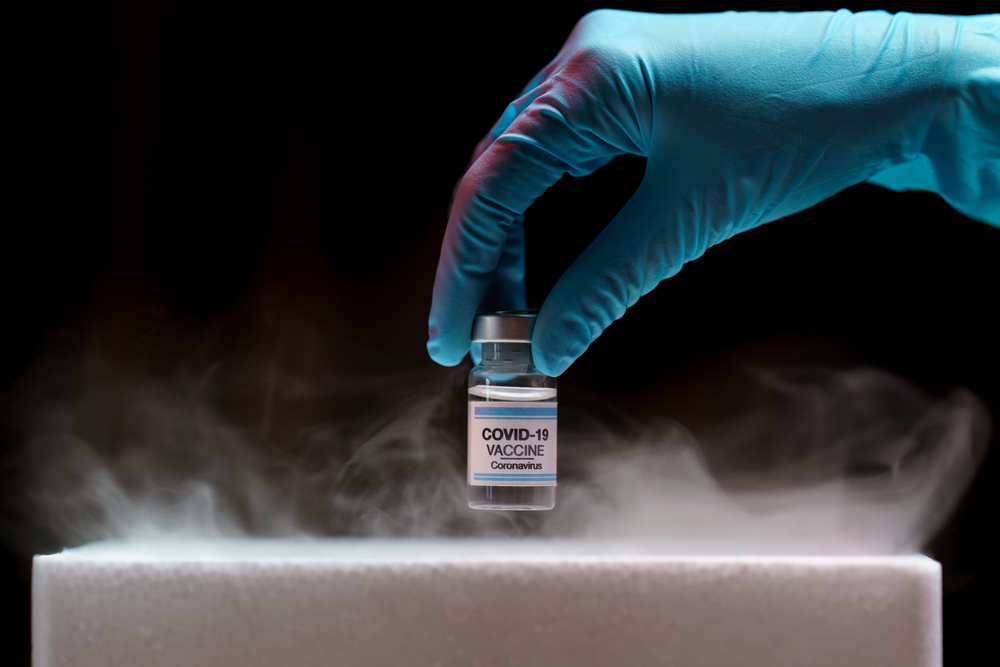Others are reading now
The American Heart Association (AHA) has issued a warning regarding the spread of false information linking COVID-19 vaccinations to heart defects. This misinformation is inaccurately connected to a recent scientific paper on cardiovascular-kidney-metabolic (CKM) syndrome.
As reported by Medical Xpress, the AHA’s 2023 Cardio-Kidney Metabolic Health scientific statement does not reference COVID-19 vaccines in any way.
However, false articles and social media posts have misleadingly used the AHA’s name without permission, suggesting a connection that does not exist.
The AHA has stressed that these misleading articles do not reflect the Association’s policies or positions. The organization continues to support COVID-19 vaccinations as both safe and effective.
Also read
The Association has urged individuals to verify information through reputable sources such as peer-reviewed scientific journals and the Centers for Disease Control and Prevention (CDC). They also recommend discussing any medical concerns with healthcare providers.
The spread of medical misinformation can have serious consequences. The AHA has pointed out that some of the false information has been cross-referenced on multiple websites known for producing fake news, as identified by fact-checkers like Snopes and FactCheck.org.
This amplification of misinformation can be particularly dangerous, as it may lead people to make health decisions based on falsehoods.
Editors of over two dozen cardiology-related scientific journals worldwide have emphasized the severity of the issue.
In a 2019 editorial, they noted that “human lives are at stake” because of the rapid spread of medical misinformation. The AHA’s recent advisory serves as a crucial reminder of the importance of consulting credible sources and professionals when it comes to health information.
Misinformation about COVID-19 vaccines has been a persistent issue throughout the pandemic, with various unfounded claims about the vaccines’ safety and efficacy circulating widely.
The AHA’s warning highlights the ongoing need for vigilance and critical evaluation of health information, especially when it concerns public health measures like vaccination.








